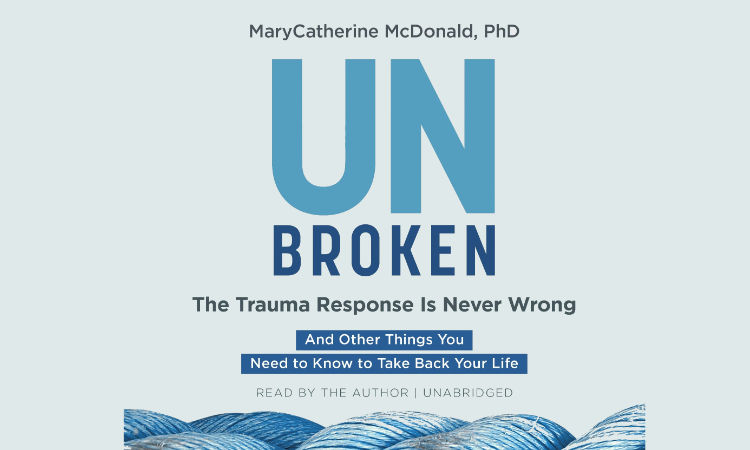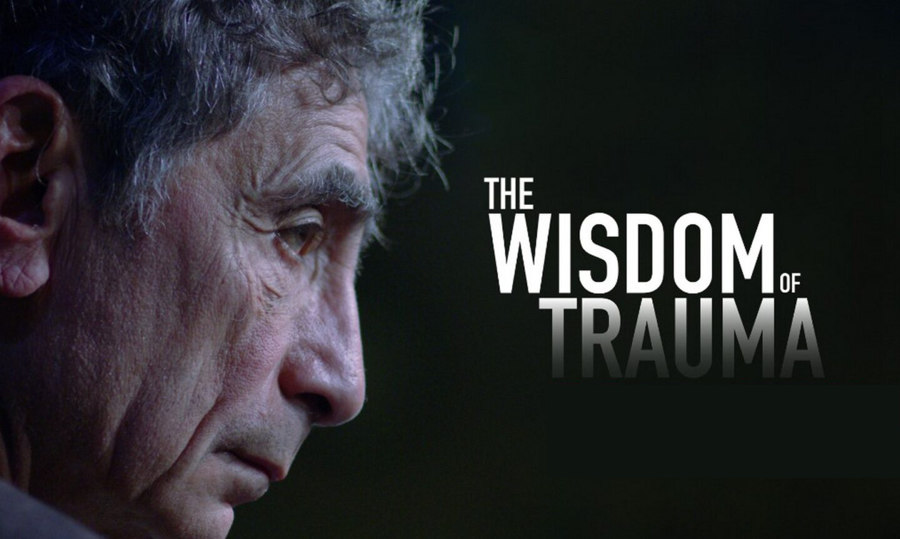Johann Hari always wondered if there was more to people’s depression than what was being advertised/normalized. So, he started what turned into a 4,000 mile journey to find the answer. Like many, including celebrities, Hari felt confused when it came to handling his depression.
"When I was a teenager, until I went to my doctor, I had thought my depression was all in my head, meaning it was a sign of weakness, it was shameful,” he explained. “It’s not in our heads. If you’re depressed, if you’re anxious, you’re not crazy. You’re a human being with unmet needs.”
Hari began to explore what really causes depression in his book Lost Connections. As a child, he was told that his depression was due to a lack of serotonin in his brain. After he was given anti-depressants, he felt better, but found that the sad thoughts began to leak back in until he went back for a higher dose. He later discovered that our moods may be product of up to nine different factors, seven of which are in our psychology and our environment. These include feeling lonely, feeling controlled at work, and not getting enough access to the natural world.
He explained, “And while certainly chemical antidepressants have some value, and should remain on the table, we need to radically expand the menu of options for people who are depressed and anxious to actually deal with the deep, underlying reasons why we feel this way.”
NowThis is a news outlet with videos that keep yopu up to date on all the latest.
d Start Typing







